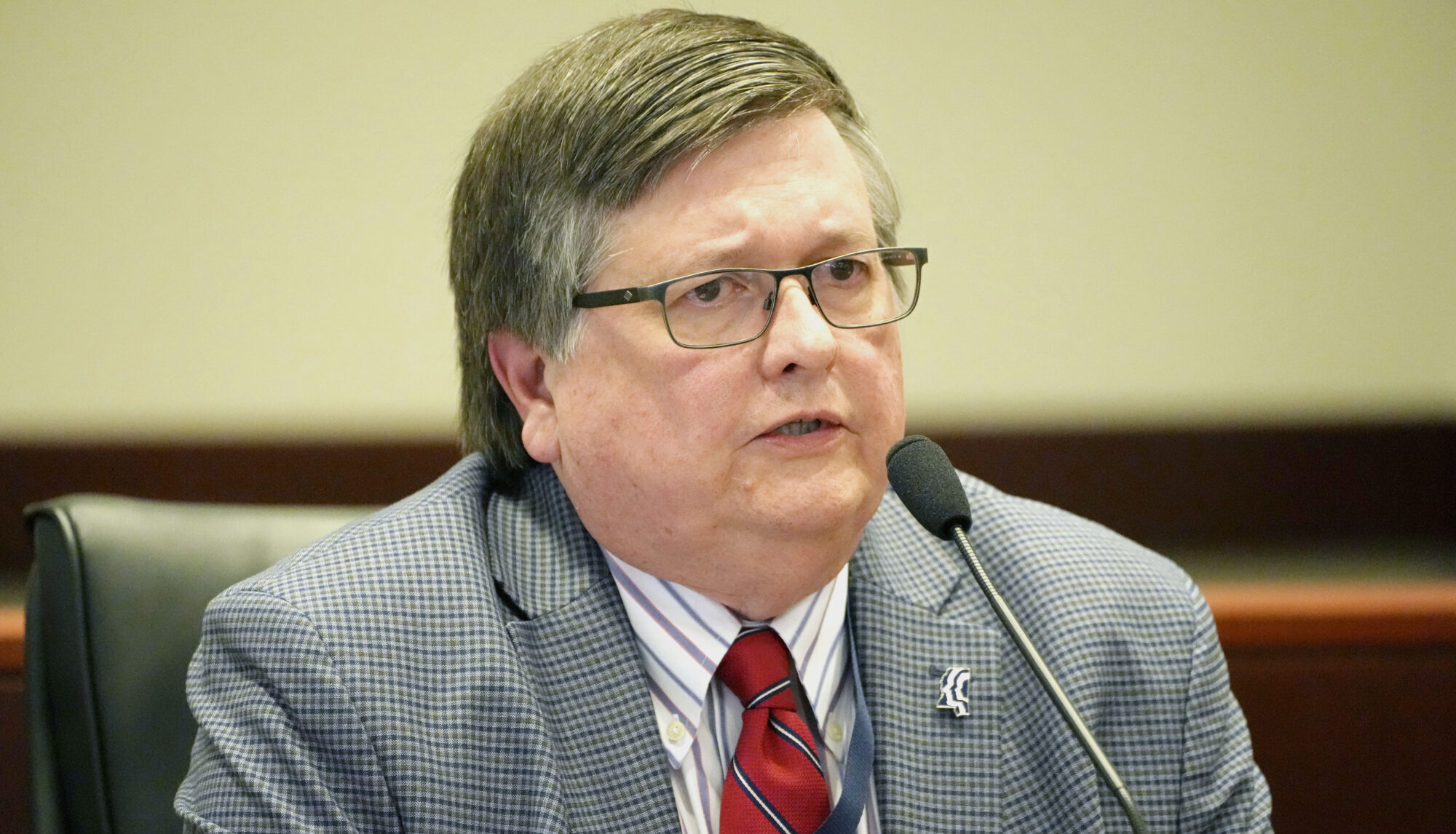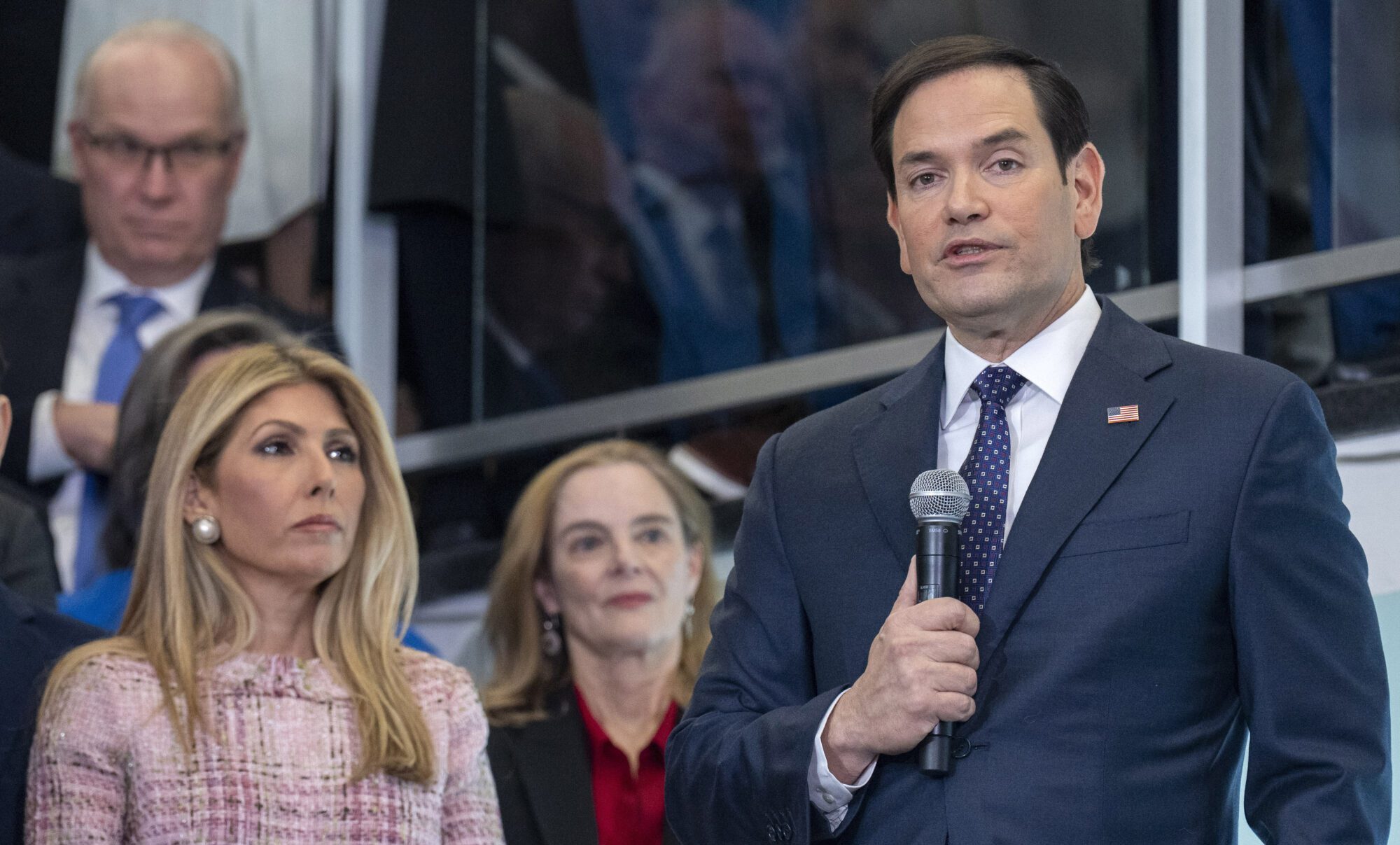By the fall, the DSCC was the running the lion’s share of the Musgrove paid media campaign. Earned media broke according to the nature of the candidates. Wicker was the sitting U.S. senator and even without the campaign he was in the news because of hurricane response, federal grants and authoring/supporting/opposing legislation.
Musgrove lacked that luxury and prospered when the press covered the process of the campaign: campaign ?nance law allegations, legal issues regarding the ballot, campaign tactics, the latest public polls. The best-case scenario for Republicans in these process stories was to break even, so the Wicker campaign returned to its messages.
While the Musgrove campaign was chasing left-wing bloggers, the Wicker campaign was organizing county and precinct level captains. While Musgrove courted the press, Wicker would hit several Friday night high school football games. While the Musgrove campaign ?red incendiary e-mails to already persuaded voters, the Wicker campaign mailed 3.1 million mail pieces in a state that has 1.9 million registered voters.
One innovative mail piece hit 30,000 undecided households and opinion leaders north of and including the capital metro area shortly before Nov. 1. Earlier in the year, Musgrove had appeared on the Paul Gallo Show on a statewide FM talk radio network and stumbled through his tightly parsed answers about his con-
nection to the failed beef plant. His response lacked eloquence and credibility, and was reduced to an entertaining 30-second audio ?le inserted into the mail piece to play automatically when the card was opened.
The piece, designed by Jon Coley and Nathan Wells at Winning Edge Communications, cost roughly double the cost of a standard mail piece, but was an immediate hit. Every high school football game and Halloween Party in the area was buzzing with it. Unlike most pieces, which get pitched almost immediately, voters saved the “talking card” and carried it with them to show their friends, making it well worth the extra cost.
Additionally, the content was effective at reminding voters about their dislike of Musgrove from 2003 and got them asking questions regarding his ethics surrounding the beef plant. Musgrove’s campaign had struggled with white conservative Democrats, a major share of which lived in Wicker’s former congressional district.
In September, among white Democrats, Musgrove’s favorability numbers had dropped below 50 and his unfavorability had risen above 30. He was hemorrhaging white conservative Democrats and could not afford the total exodus that would happen if he endorsed Obama or tied himself to the liberal wing
of his party.
Meanwhile, Wicker’s only major drawback in the African-American Democratic community was that he was a Republican. Black leaders like civil rights activist Charles Evers consistently stressed that for Mississippi blacks, the team to support was Obama, Cochran and Wicker. Musgrove could not endorse Obama without offending conservative Democrats, but could not get the black vote he needed unless he did. But as summer closed out, all reliable polls showed Wicker with a small but consistent lead, with a double digit share of the black vote—good for any Republican in Mississippi, but especially in this year.
Politics Magazine
2/9/9






